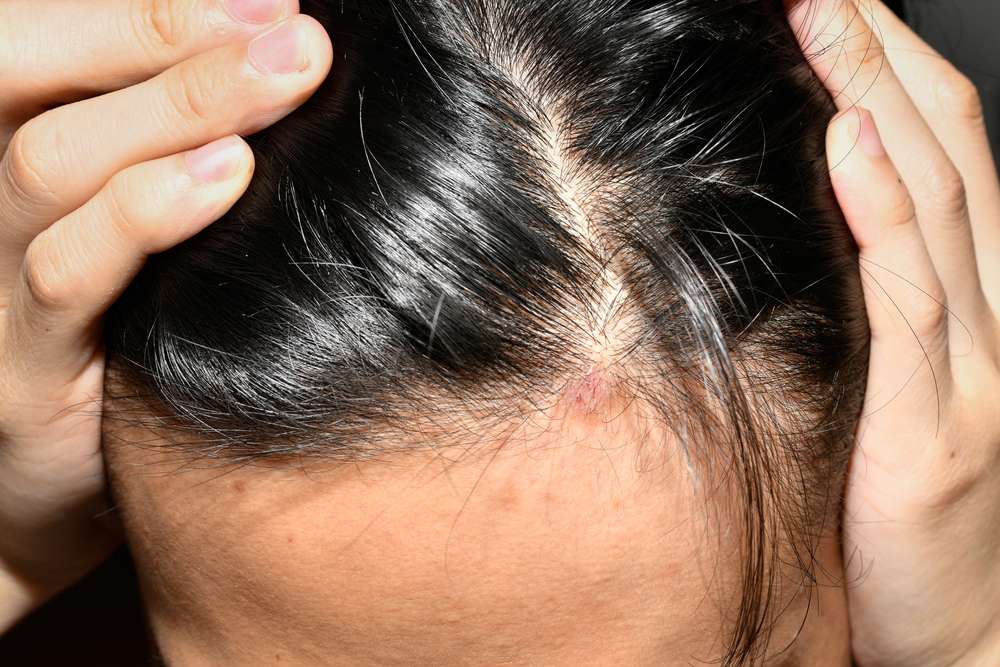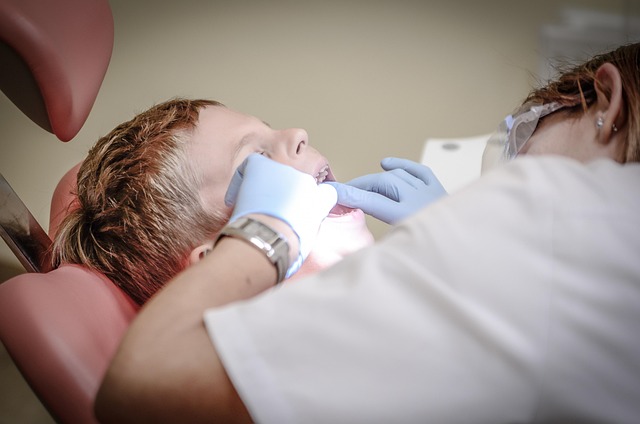Scalp Psoriasis Treatments for Itching and Inflammation
Scalp psoriasis is a chronic skin condition affecting many people in the United States. It causes symptoms such as itching, flaking, and inflammation, which can significantly impact quality of life. This overview examines current treatment approaches available in 2026 to manage these symptoms effectively.

Understanding Scalp Psoriasis
Scalp psoriasis is a form of psoriasis characterized by the presence of thick, scaly plaques on the scalp. It results from an autoimmune response where the body’s immune system accelerates skin cell production. This condition can lead to redness, itching, flaking, and sometimes mild discomfort or pain. The appearance of scalp lesions may vary by skin tone, presenting as red or pink in lighter skin and often purplish or gray in darker skin.
While scalp psoriasis does not directly cause permanent hair loss, persistent scratching and inflammation can damage hair follicles, sometimes resulting in temporary hair shedding or thinning. Effective symptom management focuses on reducing inflammation, controlling scaling, and minimizing itching.
Common Symptoms
- Dry, scaly patches on the scalp
- Persistent itching and irritation
- Redness and inflammation
- Flaking that resembles dandruff
- Occasional soreness or tenderness
Treatment Approaches
Topical Treatments
Topical therapies are the cornerstone of scalp psoriasis management, particularly for mild to moderate cases. They are applied directly to affected areas of the scalp to reduce inflammation and scaling.
Medicated Shampoos
-
Coal Tar Shampoos: Coal tar products slow the growth of skin cells and help reduce redness and itching. These shampoos require application and leaving them on the scalp for several minutes before rinsing. Available both over-the-counter (OTC) and by prescription.
-
Salicylic Acid Shampoos: These shampoos act as keratolytic agents to soften and help remove scales, improving the penetration of other treatments. Typically used multiple times per week.
Topical Corticosteroids
Corticosteroid shampoos, solutions, or foams with varying potencies are frequently prescribed to decrease immune system activity in skin lesions. High-potency corticosteroids (e.g., clobetasol propionate) are often prescribed for initial flare management and later tapered to lower-potency options for maintenance. Prolonged use should be monitored to avoid side effects such as skin thinning.
Vitamin D Analogues
Topical vitamin D analogues (such as calcipotriene) can help regulate skin cell growth and inflammation. These agents may be used alone or in combination with corticosteroids to enhance effectiveness.
Calcineurin Inhibitors
Tacrolimus and pimecrolimus are non-steroidal options sometimes used off-label for scalp psoriasis, particularly in sensitive skin areas, but data remain limited.
Systemic Treatments
For moderate to severe scalp psoriasis or when topical therapies are insufficient, systemic treatments may be considered. These include oral and injectable medications that affect the immune system globally.
Biologic Therapies
Biologics are proteins designed to target specific parts of the immune system contributing to psoriasis. Popular classes include tumor necrosis factor (TNF) inhibitors, interleukin (IL)-17 inhibitors, and IL-23 inhibitors. Approval and guidelines for scalp psoriasis as part of overall psoriasis treatment exist in the United States.
Oral Medications
Oral treatments such as methotrexate, cyclosporine, and newer agents like apremilast are options for some patients. These require monitoring due to their systemic effects.
Phototherapy
Light therapy is an evidence-supported option for some people with scalp psoriasis. Narrowband ultraviolet B (NB-UVB) phototherapy can reduce symptoms but requires specialized equipment and multiple clinical visits.
For scalp treatment, certain devices including UV combs allow targeted light application through hair. Patients with thicker hair may find standard phototherapy less practical.
Adjunctive Care and Lifestyle
- Scalp hygiene: Gentle cleansing with mild shampoos can reduce buildup.
- Avoidance of irritants: Harsh chemicals, strong hair products, or overheating can worsen symptoms.
- Moisturization: Regular use of emollients can reduce dryness and scaling.
- Stress management: Stress is a known trigger for psoriasis flare-ups.
Typical Costs in United States (2026)
When considering scalp psoriasis treatments in the United States, typical price ranges include:
-
Basic option: Over-the-counter medicated shampoos and topical corticosteroids generally cost from $10 to $40 per product. Suitable for mild cases or early symptom control.
-
Standard option: Prescription topical agents including vitamin D analogues and high-potency corticosteroids typically range from $50 to $150 depending on insurance coverage and formulation.
-
Premium option: Biologic therapies and systemic medications can cost from several thousand to over $30,000 annually before insurance. Phototherapy sessions are often reimbursed variably but may cost $50 to $150 per session without insurance.
Summary
Scalp psoriasis remains a challenging condition to manage due to its visibility and symptom burden. In 2026, treatment options in the United States include a range of topical, systemic, and phototherapy modalities tailored to severity and patient needs. Management aims to control inflammation, relieve itching, and prevent complications such as hair shedding. Consultation with healthcare providers is essential to determine appropriate treatment strategies based on individual circumstances and current clinical guidelines.




